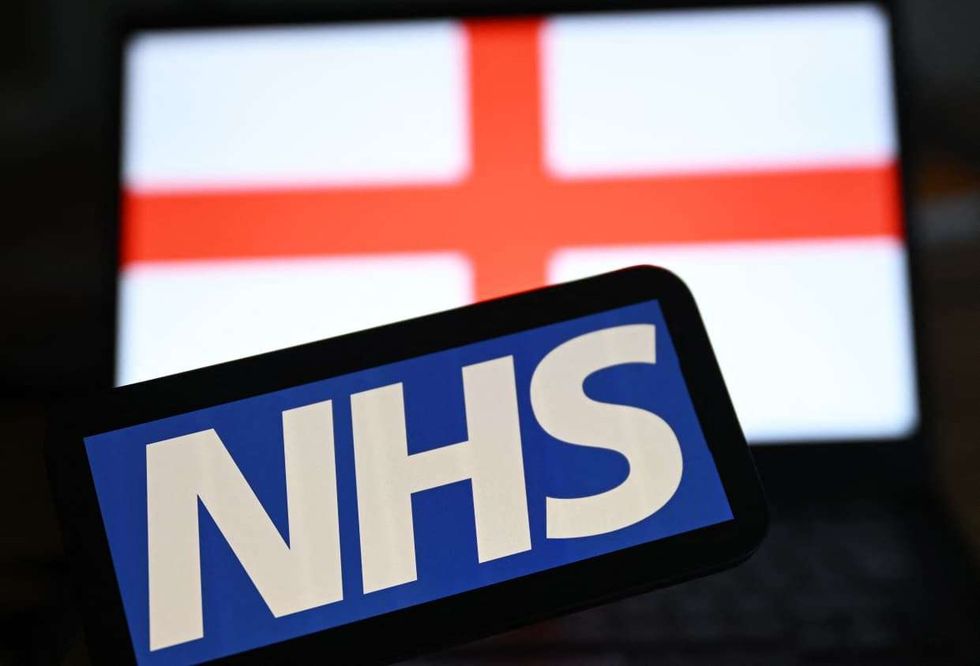Business
MPs Criticize Microsoft for £700 Million NHS Overcharging Allegations

Members of Parliament (MPs) have raised serious concerns regarding Microsoft’s dealings with the National Health Service (NHS), suggesting that the tech giant has overcharged the public sector by substantial amounts. During a parliamentary session on October 25, 2023, Samantha Niblett, a Labour MP serving on the science and technology select committee, directly challenged government spending priorities, stating that Microsoft’s business practices are detrimental to public sector budgets.
Niblett accused Microsoft of employing aggressive tactics to secure long-term contracts with public sector clients, asserting that the company subsequently imposes “exponential amounts” in charges once they are locked into these agreements. “Microsoft have ripped off the NHS,” she declared, emphasizing how initial deals are often made under attractive pricing, only for government departments to find themselves trapped in costly, ongoing contracts.
Microsoft currently holds a five-year agreement with the NHS valued at over £700 million for productivity tools. Additionally, the government allocated approximately £1.9 billion for Microsoft software licenses in the fiscal year 2024-25. Niblett highlighted recent poor purchasing decisions, such as the Department for Food and Rural Affairs renewing a contract for outdated Windows 10 software, which led to additional security costs.
Concerns Over Procurement Practices
During the session, Niblett questioned whether adequate scrutiny is applied to contracts before departments become reliant on single suppliers. Government officials acknowledged the fragmentation in public sector spending. Emily Middleton, the director general for digital centre design, confirmed that the public sector spends about £21 billion annually on technology through various contracts, often failing to achieve proper value for money.
MPs also expressed worries regarding cybersecurity, noting that the UK ranks as the second most cyber-targeted nation globally. Emily Darlington raised concerns about the reliance on foreign corporations such as Palantir, which holds a £330 million NHS contract, questioning why the UK does not develop local alternatives.
In response, Ian Murray, the Minister for Digital and Culture, acknowledged the issues at hand. He emphasized the need for the government to avoid situations where departments become permanently dependent on single providers. Murray committed to enhancing procurement processes to ensure that smaller British companies can access government contracts, aiming for a more competitive and transparent market.
The discussion reflects growing unease over the government’s reliance on large technology firms and the impact of such relationships on public spending. As the debate continues, MPs are likely to pursue greater accountability and better practices in the procurement of technology services to safeguard taxpayer money.
-

 Health3 months ago
Health3 months agoNeurologist Warns Excessive Use of Supplements Can Harm Brain
-

 Health3 months ago
Health3 months agoFiona Phillips’ Husband Shares Heartfelt Update on Her Alzheimer’s Journey
-

 Science1 month ago
Science1 month agoBrian Cox Addresses Claims of Alien Probe in 3I/ATLAS Discovery
-

 Science1 month ago
Science1 month agoNASA Investigates Unusual Comet 3I/ATLAS; New Findings Emerge
-

 Science4 weeks ago
Science4 weeks agoScientists Examine 3I/ATLAS: Alien Artifact or Cosmic Oddity?
-

 Science4 weeks ago
Science4 weeks agoNASA Investigates Speedy Object 3I/ATLAS, Sparking Speculation
-

 Entertainment4 months ago
Entertainment4 months agoKerry Katona Discusses Future Baby Plans and Brian McFadden’s Wedding
-

 Entertainment4 months ago
Entertainment4 months agoEmmerdale Faces Tension as Dylan and April’s Lives Hang in the Balance
-

 World3 months ago
World3 months agoCole Palmer’s Cryptic Message to Kobbie Mainoo Following Loan Talks
-

 Science4 weeks ago
Science4 weeks agoNASA Scientists Explore Origins of 3I/ATLAS, a Fast-Moving Visitor
-

 Entertainment4 months ago
Entertainment4 months agoLove Island Star Toni Laite’s Mother Expresses Disappointment Over Coupling Decision
-

 Entertainment3 months ago
Entertainment3 months agoMajor Cast Changes at Coronation Street: Exits and Returns in 2025









